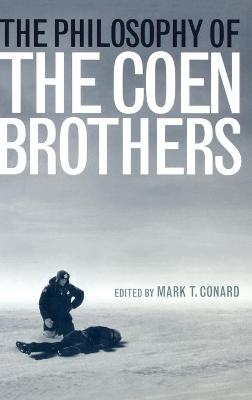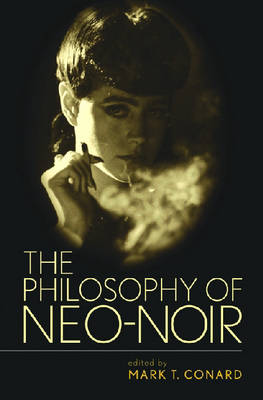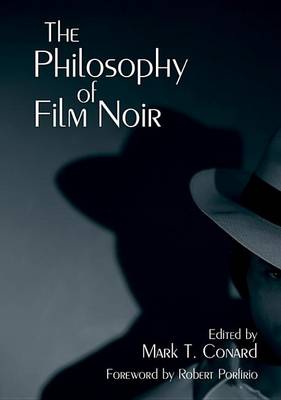The Philosophy of Popular Culture
3 total works
Many critics agree that Joel and Ethan Coen are one of the most visionary and idiosyncratic filmmaking teams of the last three decades. Combining thoughtful eccentricity, wry humor, irony, and often brutal violence, the Coen brothers have crafted a style of filmmaking that pays tribute to classic American movie genres yet maintains a distinctly postmodern feel. Since arriving on the film scene, the Coens have amassed an impressive body of work that has garnered them critical acclaim and a devoted cult following. From Raising Arizona and Fargo to O Brother, Where Art Thou? and No Country for Old Men, the Coens have left an unmistakable imprint on Hollywood. The Philosophy of the Coen Brothers investigates philosophical themes in the works of these master filmmakers and also uses their movies as vehicles to explore fundamental concepts of philosophy. The contributing authors discuss concepts such as justice, the problem of interpretation, existential role-playing, the philosophy of comedy, the uncertainty principle, and the coldness of modernity. The Philosophy of the Coen Brothers is not just for die-hard Lebowski Fest attendees, but for anyone who enjoys big ideas on the big screen.
Film noir--a cycle of American films from the 1940s and '50s--is characterized not only by a constant opposition of light and shadow and a disruptive compositional balance of frames and scenes, but also by dark, foreboding characters and plots and an overriding sense of alienation and moral ambiguity. Noir films reflect the sense of loss, fragmentation, and nihilism at the heart of the human condition in the twentieth century. Although the classic film noir period ended in the late 1950s, its impact on more films has been profound. While typically not black and white, these new films incorporate the noir sensibility of alienation, pessimism, moral ambivalence, and disorientation. This sensibility is obvious in films such as Blade Runner, Reservoir Dogs, Chinatown, and Memento. Until now, little scholarly attention has been paid to the unique philosophical conventions of the widely popular neo-noir genre. In The Philosophy of Neo-Noir, editor Mark T. Conard and other contributors explore the philosophical foundations of neo-noir, using the films to discuss and explain traditional philosophical ideas as well. The themes and topics covered include justice and moral corruption; problems of memory and identity; human nature, space, time, and subjectivity; crime and punishment; pain and redemption; and spiritual transcendence. Conard argues that neo-noir films have benefited as censorship has relaxed, giving current filmmakers a rich noir tradition from which to draw.


